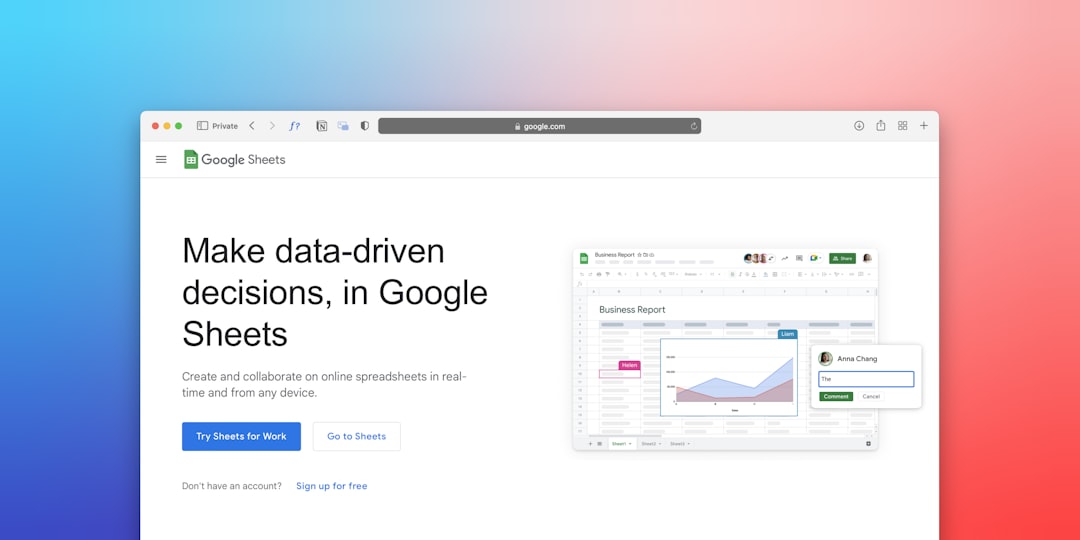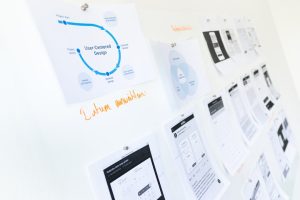
As digital transformation accelerates across industries, companies in the U.S. are heavily investing in data-driven strategies to understand their customers, streamline operations, and enhance marketing efforts. At the heart of this transformation lies the Customer Data Platform (CDP). CDPs help organizations consolidate customer data from multiple sources into a unified view, enabling more personalized and efficient decision-making. With this rise in CDP adoption, U.S. companies are actively recruiting skilled CDP professionals. But what exactly do they expect from a CDP employee? What does the job entail, what are the benefits, and what kind of career growth can one anticipate in this field?
Understanding the Role of a CDP Employee
A CDP employee typically works within the data, marketing, or IT departments and serves as a bridge between data engineering and business strategy. Their primary responsibility is to manage, maintain, and optimize the CDP to ensure its data integrity, configuration, and alignment with business needs.
Typical Job Description
While different companies might have varying expectations based on their industries and platforms (such as Segment, Tealium, Amperity, or Salesforce CDP), a general job description for a CDP employee in the U.S. usually includes:
- Data Integration: Collaborating with IT/engineering to integrate first-party, second-party, and third-party data sources into the CDP.
- Data Governance: Ensuring that the data complies with privacy laws such as GDPR and CCPA, and managing consent and preference centers within the CDP.
- Segmentation: Creating and managing audience segments that enable personalized marketing and communications.
- Platform Configuration: Setting up and configuring the CDP interface and APIs for analytics, campaign platforms, and CRM systems.
- Cross-Functional Collaboration: Working closely with marketing, data science, analytics, customer success, and product teams.
- Performance Monitoring: Analyzing the data quality and performance of the CDP, proposing improvements and updates as required.
Ideal candidates are often expected to have technical experience, analytical skills, marketing acumen, and an understanding of customer journeys and omnichannel engagement.
Skills and Qualifications Employers Look For
U.S. companies are selective when it comes to hiring CDP professionals, and there are several key qualifications most employers prioritize:
- Educational Background: A bachelor’s degree in Computer Science, Marketing Analytics, Data Science, or a related field.
- Technical Proficiency: Experience in SQL, Python, JavaScript, or RESTful APIs; familiarity with cloud platforms like AWS, GCP, or Azure is often a plus.
- Platform Experience: Hands-on experience with leading CDP platforms like Segment, Tealium, mParticle, or Salesforce CDP is highly desirable.
- Analytical Acumen: Ability to analyze consumer behavior and translate data into actionable business strategies.
- Compliance Knowledge: A strong understanding of customer data laws and how they affect data collection and usage practices.
Benefits of Working as a CDP Employee
Organizations understand that retaining top technology and data talent requires more than just attractive salaries. Here are some of the typical benefits offered to CDP employees:
- Competitive Salaries: CDP professionals in the U.S. earn between $85,000 and $140,000 annually, depending on experience and company size.
- Remote Work Opportunities: Many businesses offer flexible working arrangements, including hybrid or fully remote roles.
- Healthcare and Wellness: Comprehensive packages that include medical, vision, dental, and mental wellness plans.
- Professional Development: Budget for certifications, courses, and attending data and marketing conferences like MarTech or CDP Summit.
- Equity Options: Startups and tech firms especially may offer stock options as part of compensation.
- Paid Time Off (PTO): Generous vacation and leave policies, including parental leaves and sabbaticals in some cases.

Career Path and Advancement Opportunities
CDP roles are dynamic and offer significant upward mobility. Starting out as a CDP Analyst or Specialist, employees can expect the following growth trajectory:
1. CDP Analyst/Specialist
Entry-level role focused on data modeling, segment creation, and daily CDP operations. Typically requires 1-2 years of relevant experience.
2. CDP Manager
Responsible for leading CDP implementation, platform administration, and aligning CDP outputs with business strategy. Usually requires 3-5 years of domain knowledge.
3. CDP Architect
More technical and strategic; works on CDP integrations, ensures scalability, and designs future-proof data architectures. Often requires 5+ years of experience.
4. Director of Customer Data
Leads a team and oversees all aspects of customer data strategy, platform tools, ecosystem integrations, and compliance. Aligns with CMO, CTO, and other executives.
5. Chief Data or Marketing Officer
In large organizations, CDP experience can pave the way to C-Suite roles, where data leadership drives customer-centric innovation and revenue growth.
Because data is now a core business function, professionals with CDP skills are increasingly in demand across sectors such as retail, healthcare, fintech, and SaaS.
Challenges and Future Outlook
Despite the benefits, a role in CDP management is not without its challenges. Data privacy regulations continue to evolve, making compliance a moving target. Additionally, integrating siloed and unstructured data across an enterprise can be technically complex and time-consuming.
However, the future for CDP professionals is bright. The CDP market is expected to grow to over $20 billion by 2030, according to several market research reports. As more companies commit to building customer-first organizations, the need for specialized CDP knowledge will only grow stronger.
Conclusion
Working within a Customer Data Platform team in the U.S. is a role that blends technology, strategy, and user experience. Employers expect professionals in this role to not just manage the platform but use it as a strategic tool to drive business results. With strong compensation, flexible work environments, and clear growth pathways, becoming a CDP specialist or leader offers a fulfilling career trajectory for tech-savvy and customer-focused professionals alike.
FAQ – Frequently Asked Questions
- What educational background is best for a CDP role?
- A degree in Computer Science, Data Science, Marketing Analytics, Information Systems, or a related field is preferred.
- Do I need to know coding to work with a CDP?
- While not always mandatory, familiarity with SQL, JavaScript, or APIs can significantly improve your performance and opportunities in a technical CDP role.
- Which platforms should I learn for a CDP career?
- Platforms like Segment, Salesforce CDP, Tealium, mParticle, and BlueConic are widely used. Familiarity with at least one will give you a competitive edge.
- Is a CDP role more technical or marketing-focused?
- It typically sits at the crossroads of both. Some roles lean more technical while others emphasize customer journey and marketing operations.
- Can I work remotely as a CDP professional?
- Yes, many CDP roles offer remote or hybrid flexibility, depending on the company’s policy and project requirements.






